Mortgage insurance is designed to protect the lender in the event you fall behind or can’t make your mortgage payments.
Mortgage Insurance is generally required for loans with smaller down payments, as the risk of default is typically higher in those situations. There are a variety of loans available to borrowers that offer a low down payment, and depending on the type of loan you are approved for, you’ll pay for mortgage insurance in different ways.
Types of loans that can require mortgage insurance:
- Conventional Loans
- FHA Loans
- VA Loans
If you’re thinking about getting a conventional loan but do not think you can make a large enough down payment to get your Loan-To-Value ratio at or under 80 %, you’ll probably need to get mortgage insurance. This is usually done through a private company, and the cost will depend on your credit score and down payment amount. However, if you have good credit, you’ll likely pay less for private mortgage insurance (PMI) than you would for mortgage insurance on a government backed (FHA or VA) loan. In many cases, you’ll make monthly payments for PMI and may not need to pay anything upfront at closing. The good news is that once LTV has reached 80% or lower, you can reach out to your lender and most likely cancel your mortgage insurance policy.
FHA loans are backed by the federal government and come with an upfront mortgage insurance premium (MIP) and monthly premium that you’ll need to pay. Unlike private mortgage insurance (PMI) for conventional loans, the cost of MIP is usually the same regardless of your credit score – but can be impacted by the amount of your down payment. As mentioned above, a government backed loan often has an upfront mortgage insurance premium, which you’ll pay as part of your closing costs, and a monthly premium that would be included in your mortgage payment. With government backed loans, you typically need to pay MIP through the life of your loan. There are options available that allow you to pay it only for a specific period of time, however – so be sure to ask your Loan Officer about this! Keep in mind in the future, you may be able to refinance into a conventional loan product, which could help drop (or eliminate) your mortgage insurance payments.
Now let’s talk about VA loans. If you’re a veteran or active-duty service member, you may be able to get a VA-backed loan. The good news is that the VA guarantee takes the place of mortgage insurance, so you won’t have to pay a monthly mortgage insurance premium. However, you will need to pay an upfront fee called the “funding fee.” The amount of this fee depends on a few factors, such as your type of military service, your down payment amount, whether you have a disability, and whether you’re buying a home or refinancing. It also depends on whether this is your first VA loan or if you’ve had one before.
Now that you know a little more about the different types of mortgage insurances and their programs, I would also like to add that while mortgage insurance can increase the cost of your loan, it can also be helpful in allowing you to purchase a home sooner than you might be able to otherwise since it can provide an opportunity to purchase a home with a lower down payment. Additionally, it’s important to note that the private mortgage insurance rate you get can vary widely depending on factors such as your credit score, the size of your down payment, and the type of loan you have. As a borrower, it’s important to understand the specific terms of your mortgage insurance policy, including when you may be able to cancel it or refinance to a different type of loan.
We know that is a lot to digest! If you have any questions, please don’t hesitate to reach out!

